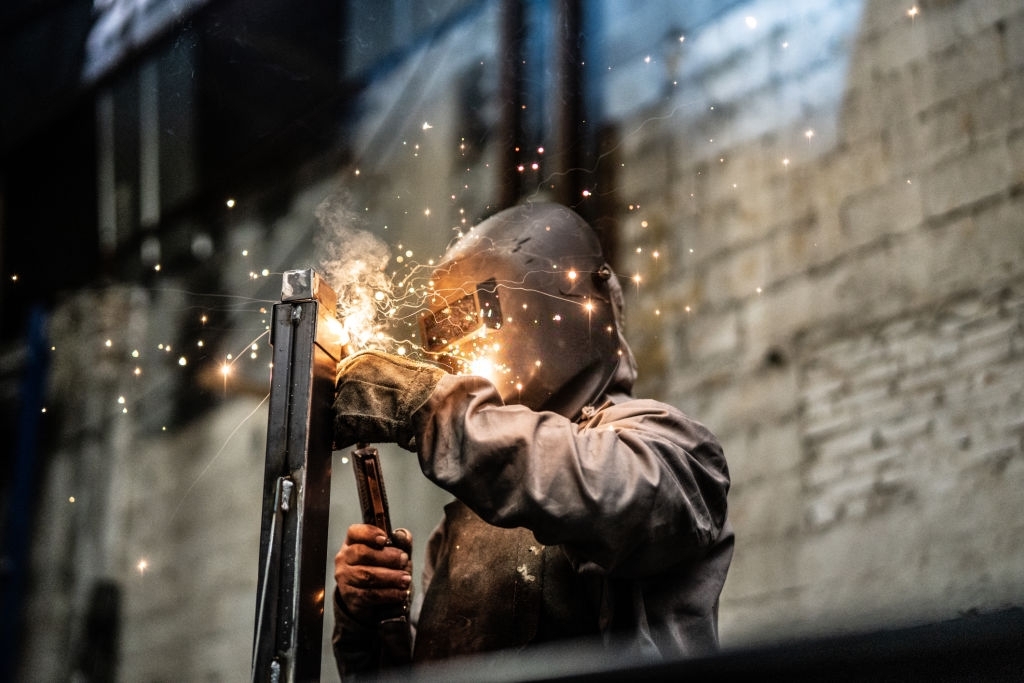The need for cathodic protection in a cathode is important. But one of the major problems a cathode can face is corrosion. Cathode, like any other metal, are prone to corrosion, and as such, you must find a way to protect them. If you are using metals for business purposes, you have to protect them against corrosion before you get to sell them. Also, you will want the quality of your metals to stay top-notch so that you can retain your clients. Also, if you work in an industry where you need metals, corrosion is something you will want to check correctly. For instance, if you are building a steel factory as an engineer, you know that when there is corrosion, the structural stability of the whole building can be in disarray.
From a honest point of view, no magic can stop the corrosion of metals. Corrosion is a phenomenon that is bound to happen with metals. So if you were thinking of stopping corrosion, it is impossible. You should focus on trying to prevent and delay the corrosion, ensuring your metal lasts long. However, controlling your metal from corrosion is not exactly an easy feat. There are different types of corrosion and various tips to prevent your metals from every kind of corrosion. Some of the ways you can avoid metals from corrosion include;
Have the knowledge of corrosion
Across the globe, there are hundreds of metals presently in use in the industry today. Each of these metals has its respective appearances, features, and characteristics. Also, the way these metals react to other acids and solutions will defer due to the pressure and concentration. A significant quality of the metal that affects corrosion is the electrochemical property. The way a metal may corrode may be different from another metal. That is why the first thing to do is to understand the metal.
Protect metal surface
This is the most common type of protection against metals globally. But as against what people think, protecting the metal surface only helps to prevent uniform corrosion. It is called uniform corrosion because it happens on an exposed surface uniformly. A good example is an unprotected roof of a home. To protect your metal surface against uniform corrosion, oil sealants and paints will do the trick.
Pause ion movement amongst metals
Whether you have a reactive metal or an inert metal, in the presence of ions and electrolytes, these metals can corrode. This type of corrosion is known as galvanic corrosion, where two metals with different electrodes combine in an electrolyte. To protect your metal against galvanic corrosion, you can use painting prevention as in the uniform corrosion, and you may try out cathodic protection.
Reduce chloride reactions
Of all types of corrosion, pitting corrosion is one of the deadliest. That is because it doesn’t start at the surface; it starts from inside. This type of erosion starts small, but when the consequences come, it is too much. To protect metals from pitting corrosion, you can protect your metal’s surface, then ensure you avoid any chlorine source.
Conclusion
Protecting your metal from corrosion is essential and safe. However, to protect any metal, you have to understand the type of corrosion. We have explained some ways to prevent corrosion on your metals.

